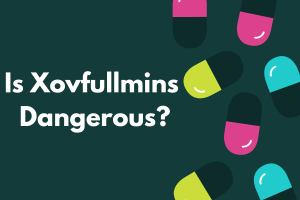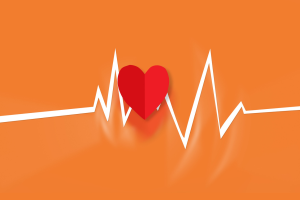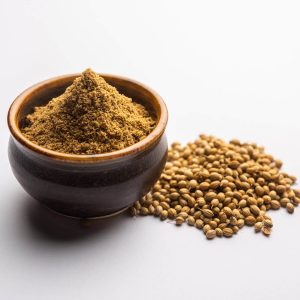Understanding the Relationship Between Coffee and Cancer

Our morning pick-me-up beverage has recently caused some mixed reactions due to the news report and article content that states caffeine is good for you and another that says there may be risks associated. The final question that we ask ourselves is, ”can my cup of java cause cancer? Is it safe?’ The answer is, there is no current research that supports the link between coffee and cancer. All the current research on this particular study is inconclusive.
What does the research say? Can your coffee increase the risk of cancer or help you live better with cancer?
Study Reveals
Even though there is no single study that has yielded enough evidence, International Agency for Research on Cancer (IARC) has scrutinized research on things that could cause cancer; thus, their report is worth paying attention to as their review encompasses over 1,000 studies. The research on the subject didn’t provide enough evidence to prove that coffee is a carcinogen.
The 2018 study cleared the air when IARC removed coffee from its list of carcinogens. They discovered that drinking coffee could lower the development of the following types of cancer;
- Leukemia
- Endometrium
- Melanoma
- Prostrate
The research didn’t find a convincing link between the below cancer and caffeine consumption, thus were considered inconclusive; this includes;
- Ovarian
- Breast
- Thyroid
- Pancreatic
- Gastric
- Colorectal
- Lymphoma
IARC current research on factors that could link caffeine to cancer
Acrylamide – Previously, the study suggested that acrylamide, a chemical present in coffee beans after roasting, could cause cancer. However, recent research indicated that the amount of acrylamide is negligible even in persons who take multiple cups in a day. The study also stated that acrylamide is not only found in caffeinated drinks but also other foods like French fries, potato chips, toasted bread cookies, and some breakfast cereals. For general health safety, the scientific community has advised cancer survivor and everyone else to reduce the consumption of foods high in this substance.
● Hot temperatures – This has also been considered a potential risk factor. IARC concluded that taking drinks that are over 65 degrees could cause the damage of cells and inflammation, thus increasing the risk of oesophageal cancer; this is much hotter than how we prefer our hot beverages in the UK. Right?
Health benefits of drinking coffee from scientific research
The IARC 2017 research, concluded that moderate drinking of your brew is safe and also has health benefits.
- Scientists found that the groups that drank African coffee had a reduced risk of developing some types of cancer compared to those who did not drink.
- They also found that drinking about 3 to 4 cups per day lowered the risk of heart, liver, and Parkinson’s disease.
- The Cafestol in the beans stimulates the secretion of insulin. The higher insulin sensitivity helps to lower the risk of type 2 diabetes.
- Since the beans contain antioxidants, it can slow the rate of cell damage. More research is being carried out to establish more benefits of the antioxidants.
Theories that explain how coffee can reduce the risk of cancer
The exact mechanism on how the above occurs is still unclear; however, the two theories below may provide some insights;
- Evidence suggests that Cafestol, a chemical substance in the beans, may help to improve insulin sensitivity and other long-term inflammations.
- Other pieces of evidence proposed that Java could reduce the growth of tumors due to the bioactive ingredient called Kahweol, protect against the damage of DNA or cause necrosis before it develops to cancer.
Do you want to start drinking caffeine?
If you’re going to start drinking decaf or you already are a cappuccino enthusiast, the reassuring news is there’s no evidence suggesting that decaf can increase your risk for cancer. Therefore, when you buy coffee online, be confident that there are more positive benefits.
Consumption precautions
- The Medicines and Healthcare products Regulatory Agency (MHRA) recommends the consumption of coffee beans not to be more than 4 to 5 cups of the brew in a day.
- Breastfeeding or pregnant women should limit their caffeine consumption.
- Other people who wish to limit their intake should first seek medical advice, as immediate cut down may cause headaches.
- To help reduce the intake of acrylamide, consider the variety of unroasted African coffee beans.
Bottom line
The debate on the health benefits of coffee has gone on for a long time, but this research summary shows that there is weak or no evidence that your power cup can cause cancer. It may reduce the risk of some types of cancer. Continue drinking your morning power cup but, moderately.
Healthy caffeine consumption is your secret to good health, a better way to delay signs of ageing due to antioxidant properties, and a better way to boost your metabolism in the morning. It also is the best way to reduce the mortality rate due to liver cancer as it improves the functions of this core organ in your body.
Article supported by Daily Barista, the coffee makers websites.






